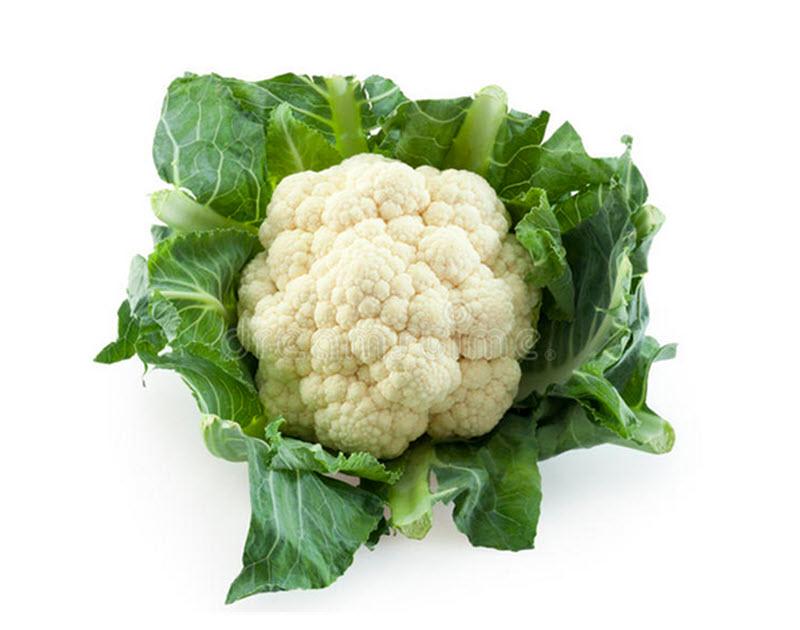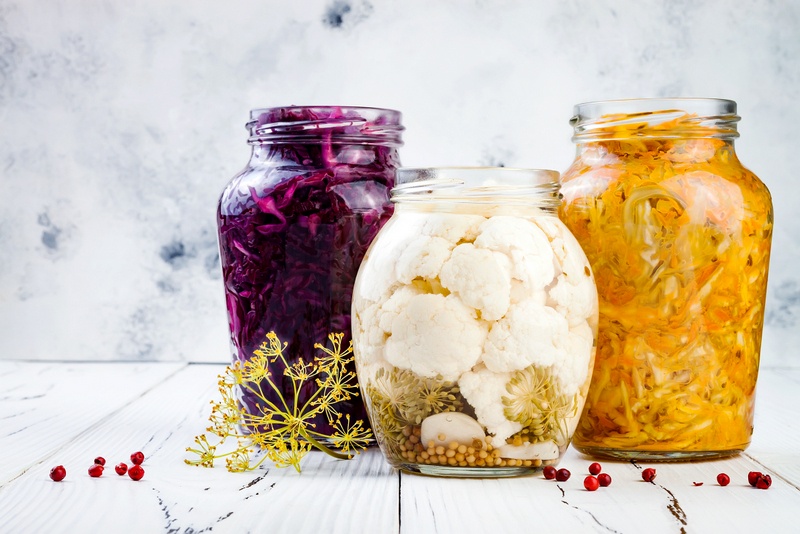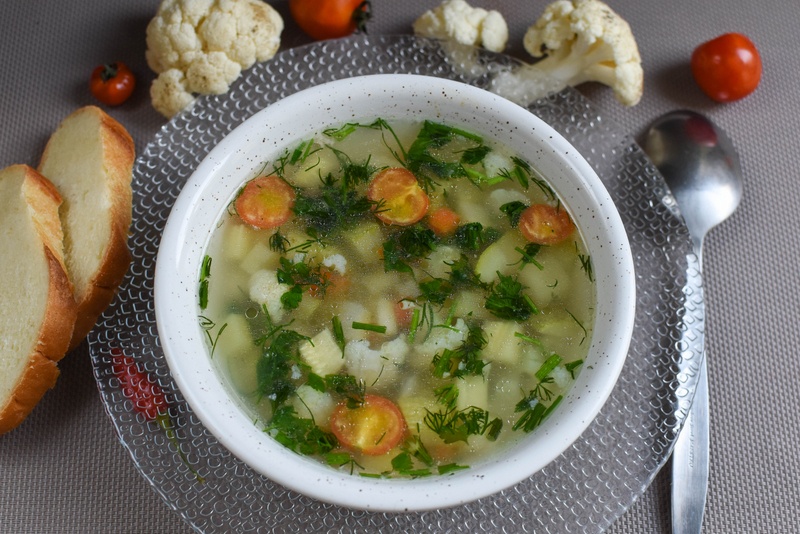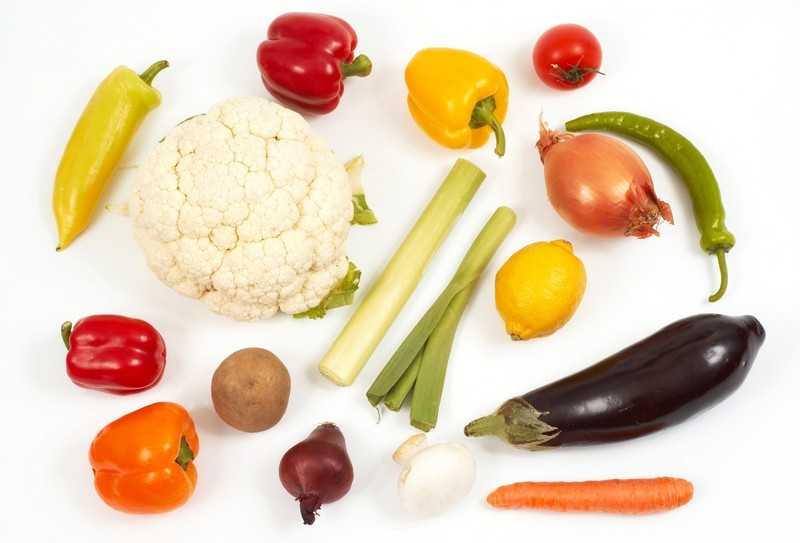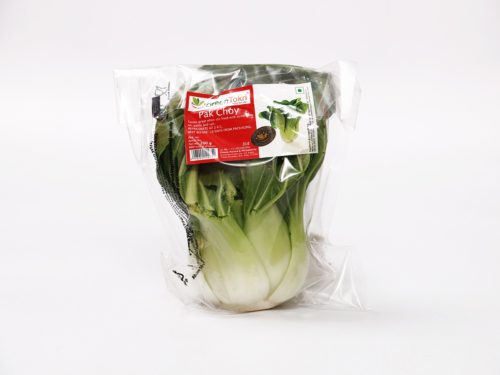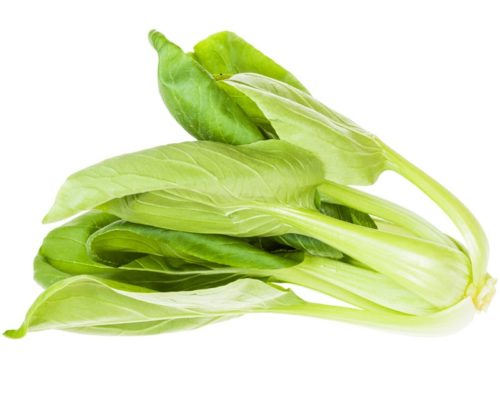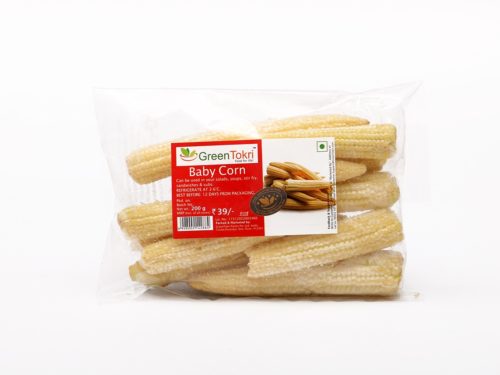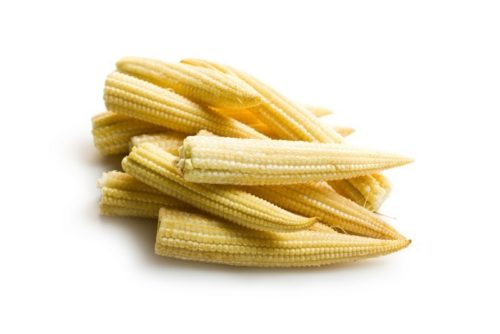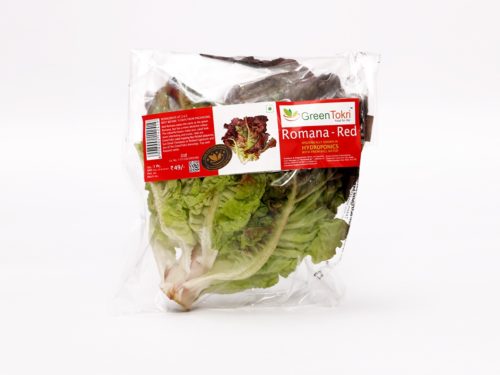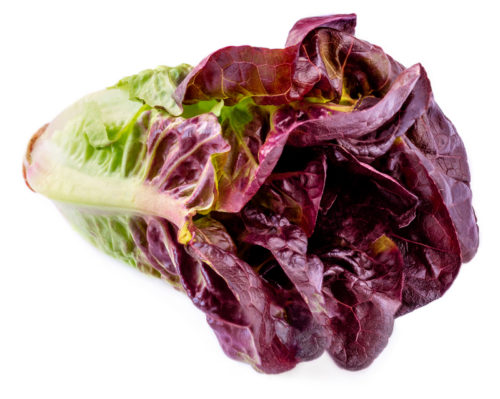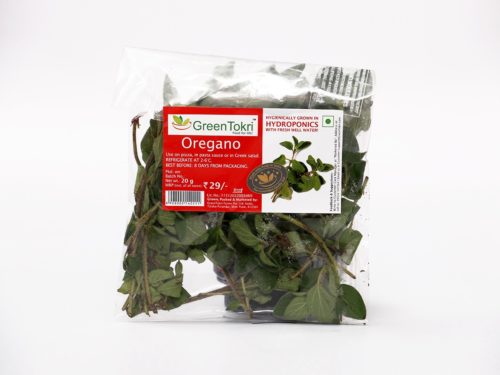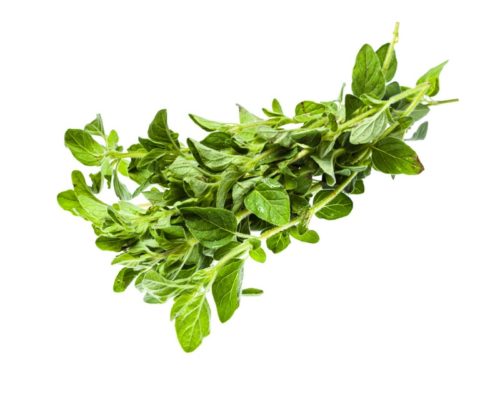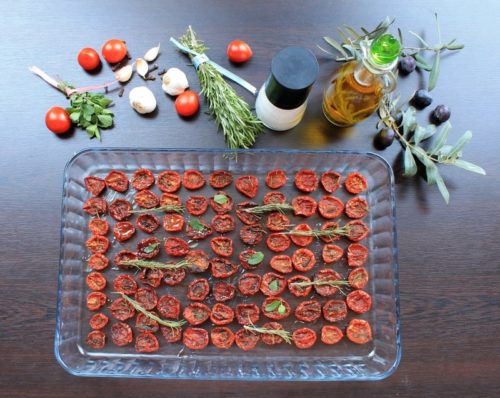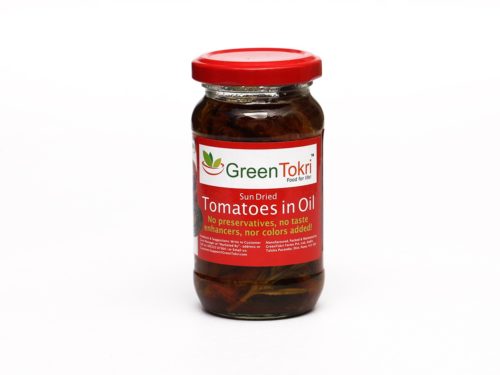Eat it raw, cooked, roasted, baked into a pizza crust or cooked and mashed as a substitute for mashed potatoes. You can even prepare cauliflower riced as a substitute for regular rice. 8 days if kept at max. 6 °C.
Description
Cauliflower is a member of the cruciferous vegetable family along with Brussels sprouts, cabbage, broccoli, collard greens, kale, kohlrabi, rutabaga, turnips and pak choy. These vegetables possess a compound that has a strong, distinct odor that many people find unappealing, but they also can offer health benefits that may reduce the risk of various types of cancer.
Nutritional Values
As far as nutrition goes, cauliflower is high in vitamin C and a good source of folate. It’s fat free and cholesterol free and also is low in sodium content. Additionally, cauliflower contains only 25 calories in 1/6 of a medium head. This portion size also contains 2 grams of dietary fiber and only 5 grams of carbohydrate.
All cabbages have a high content of vitamin C and vitamin K, containing 44% and 72%, respectively, of the Daily Value (DV) per 100-gram amount. Studies suggest that cruciferous vegetables, including cabbage, may have protective effects against colon cancer. Cabbage is a source of indole-3-carbinol, a chemical under basic research for its possible properties.
